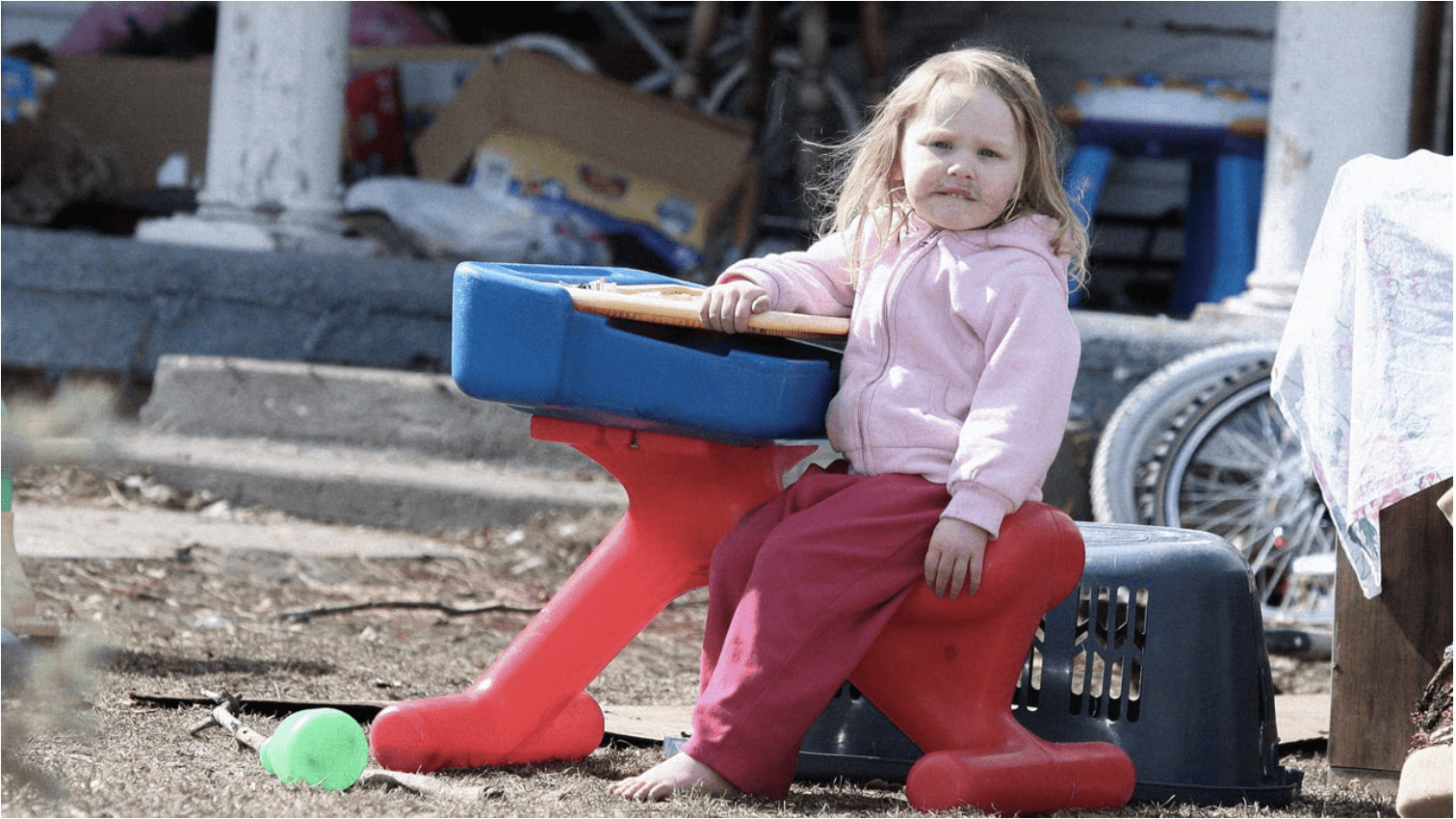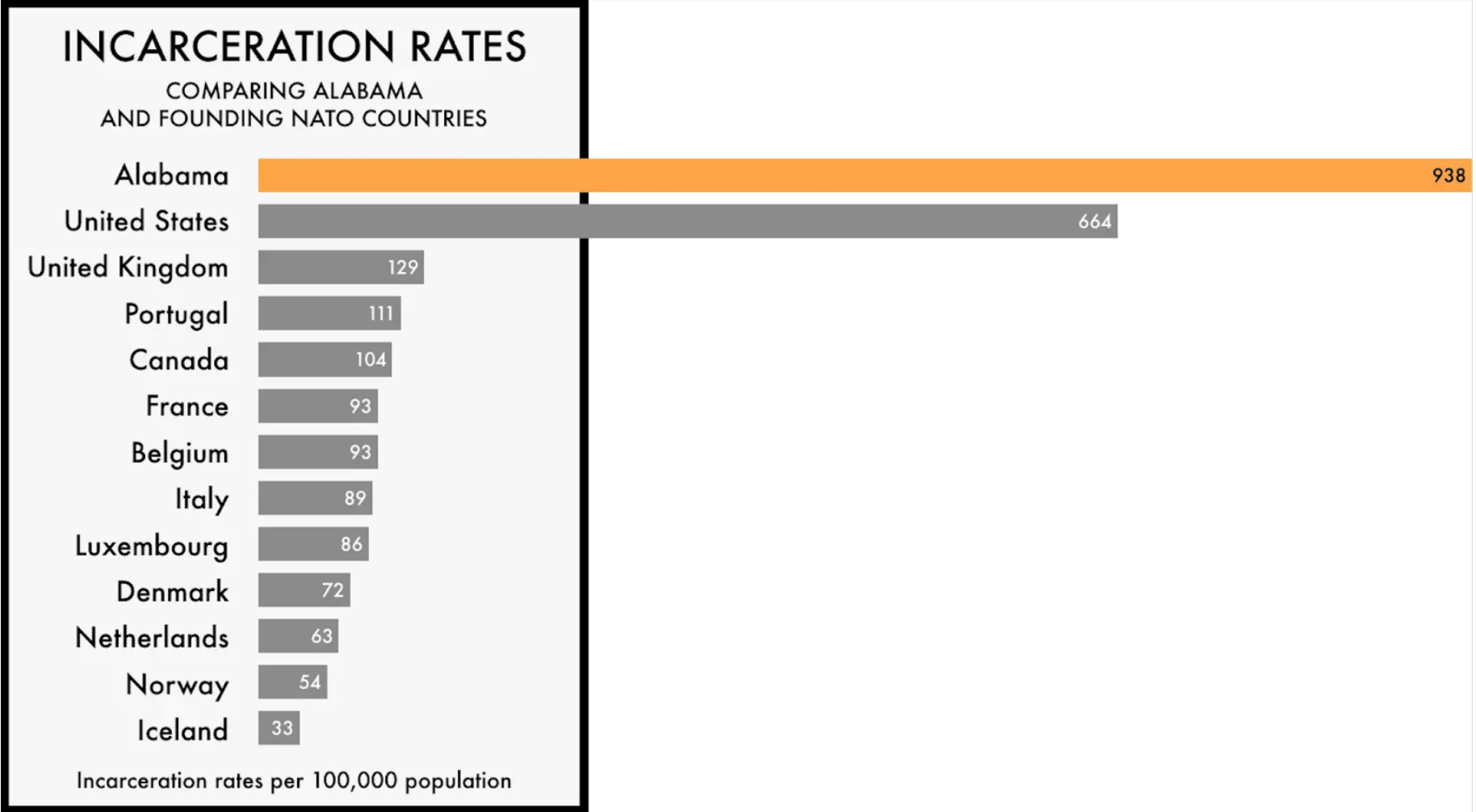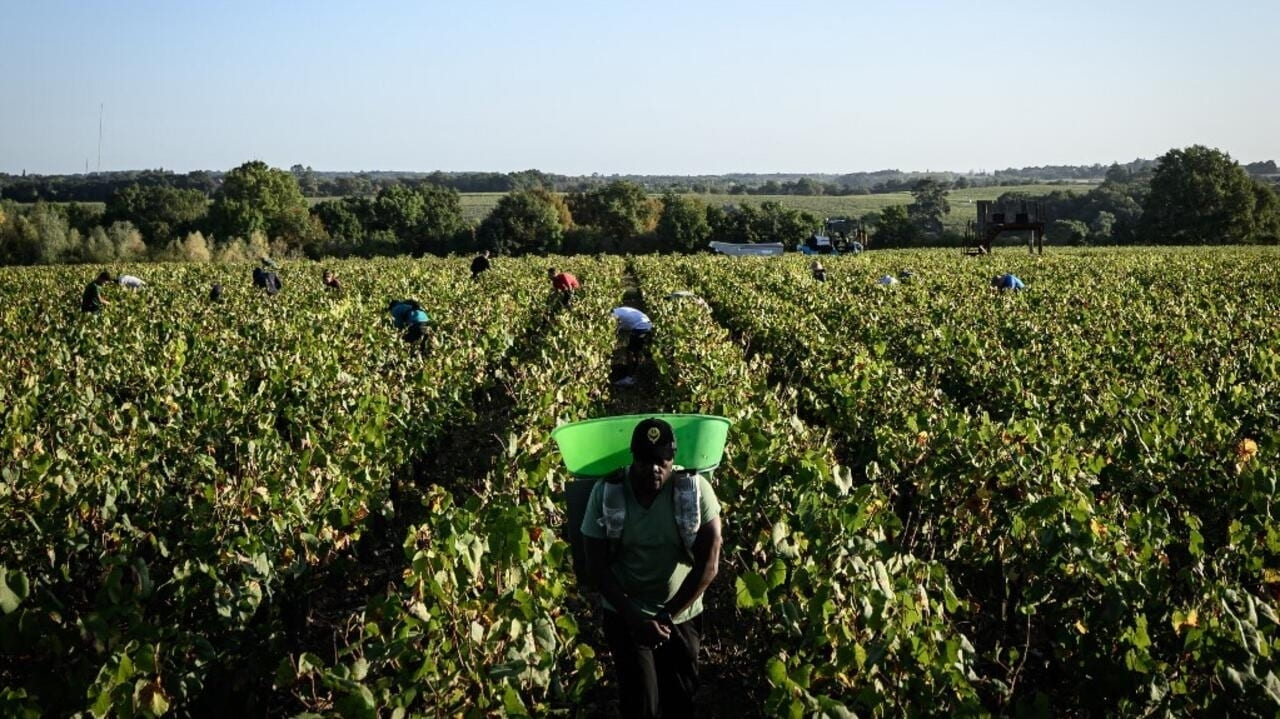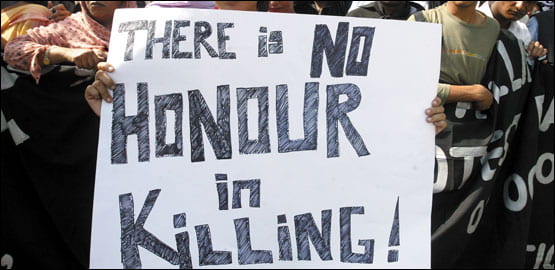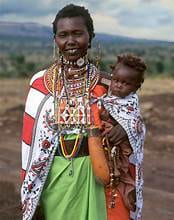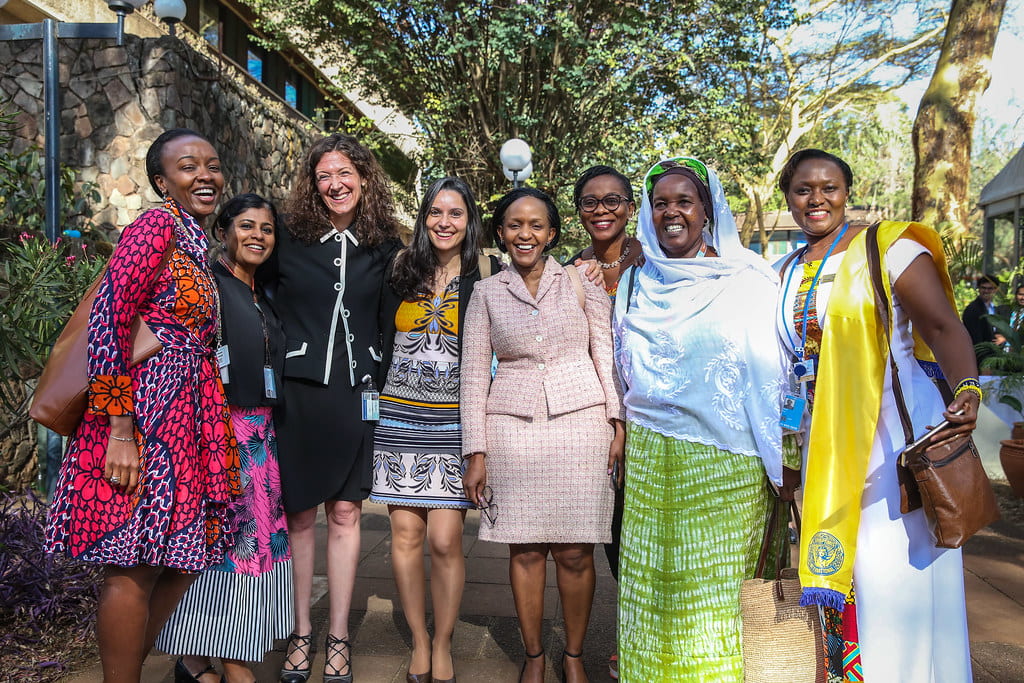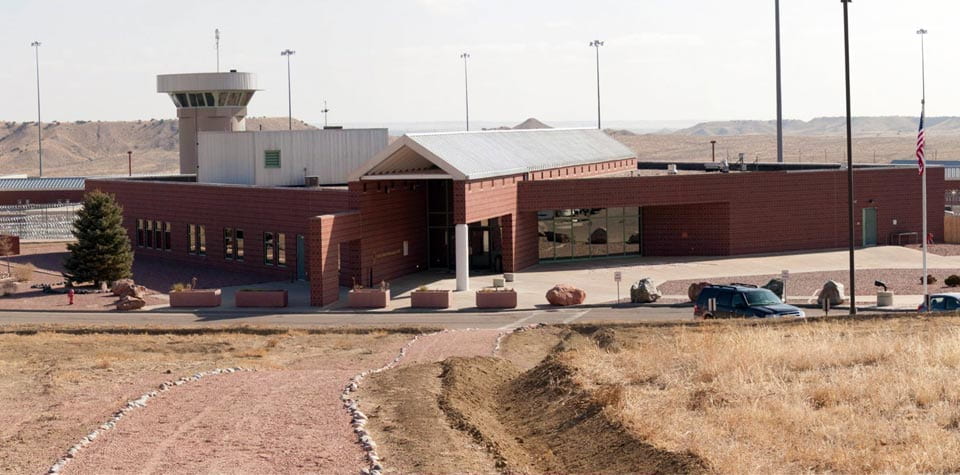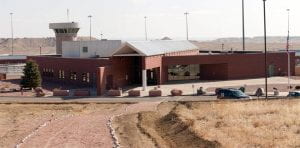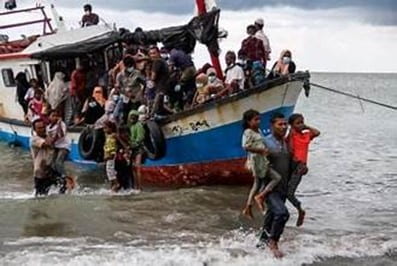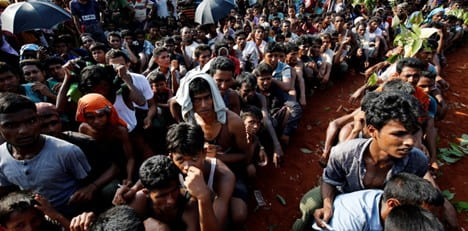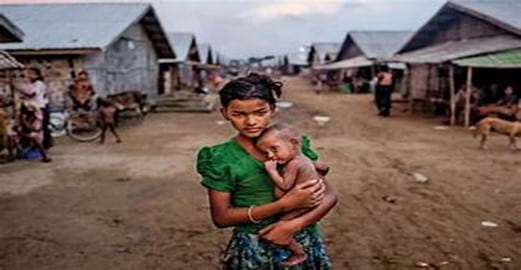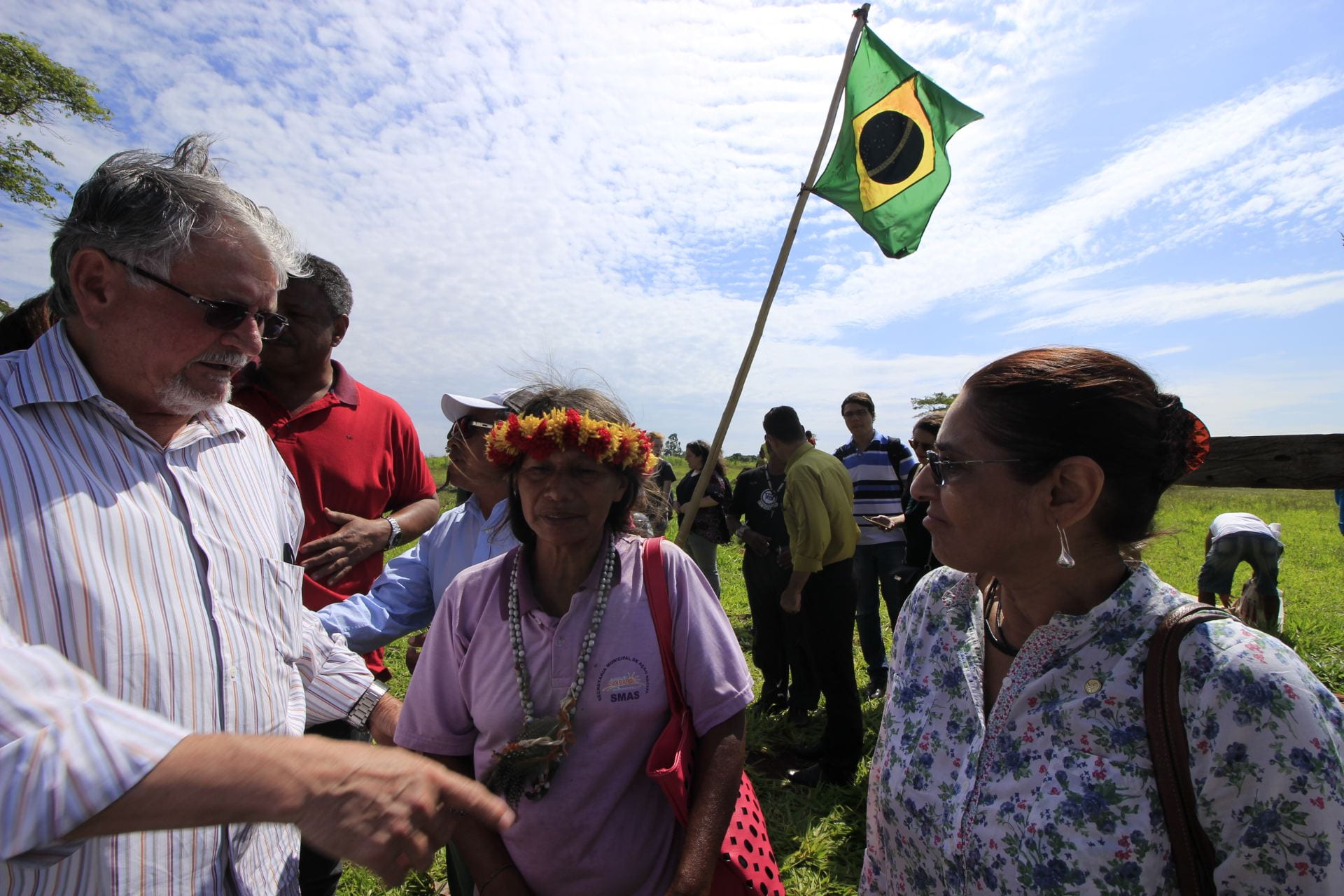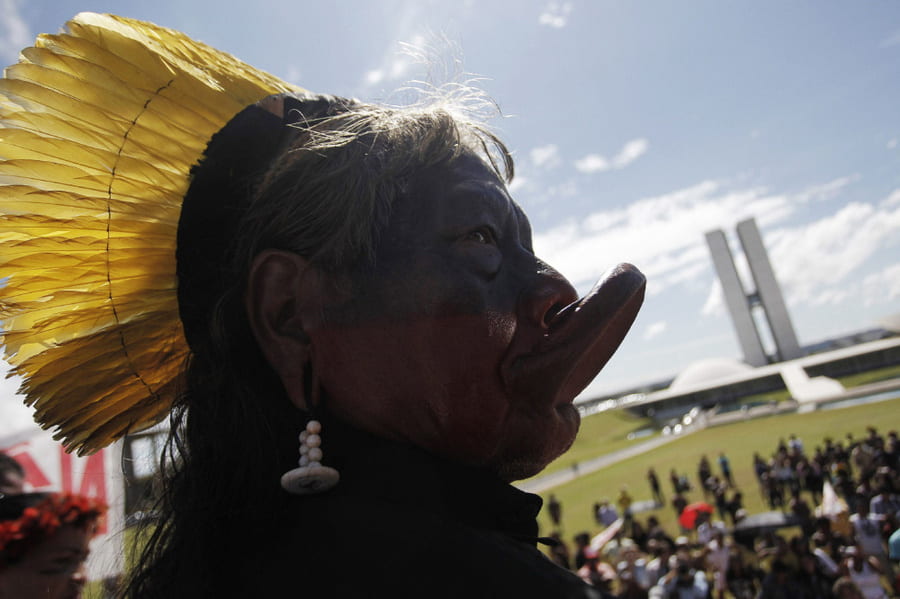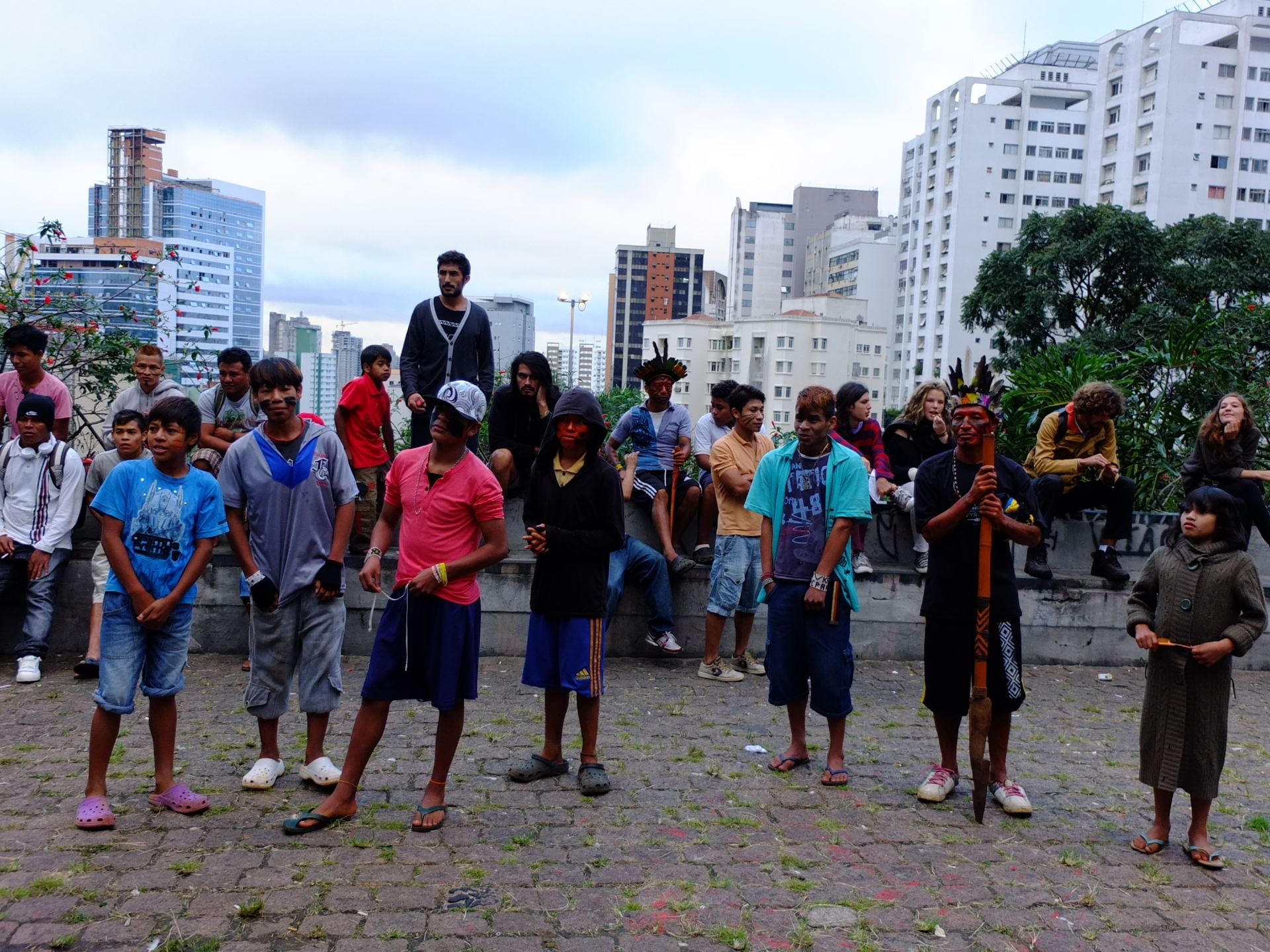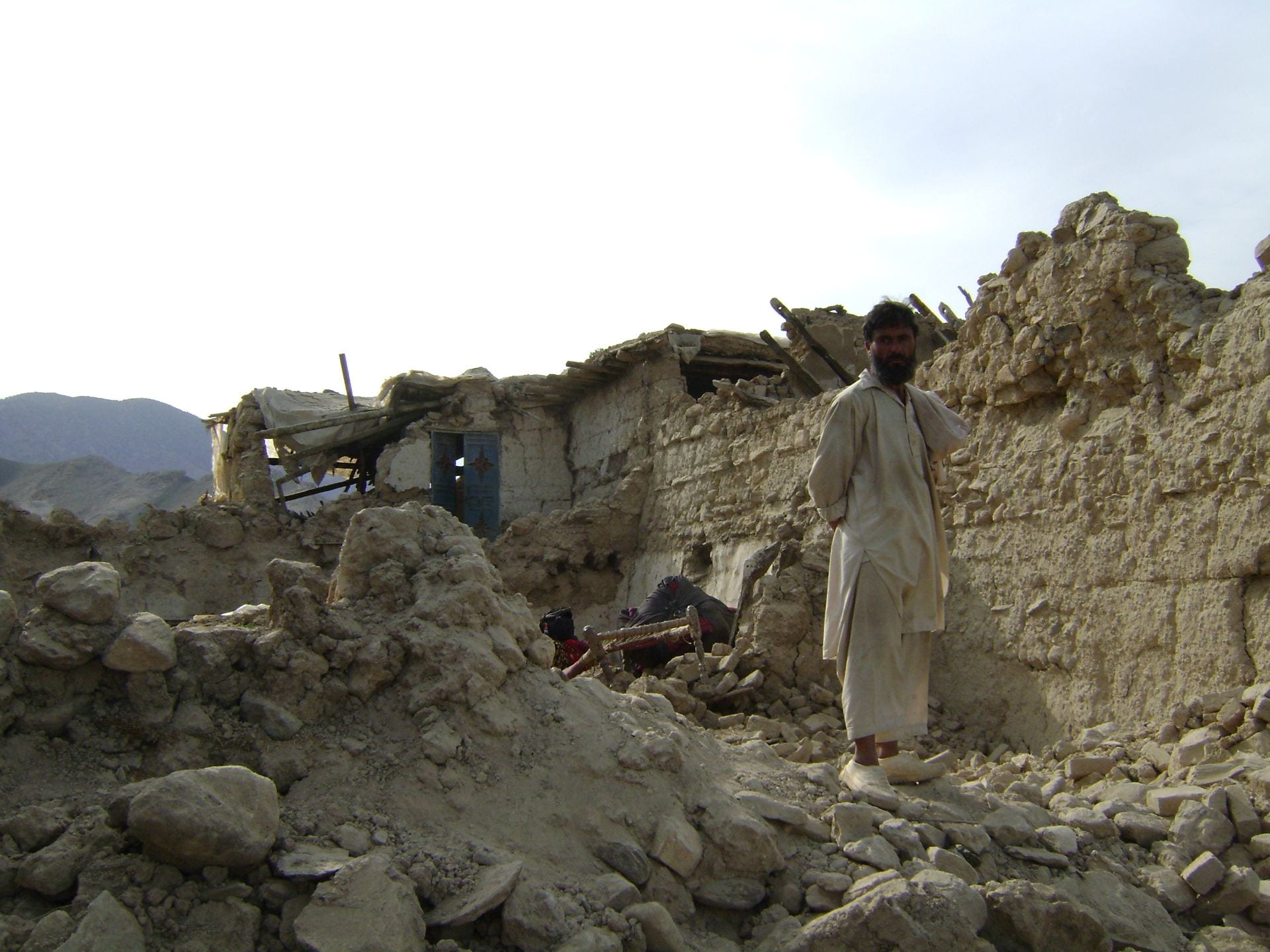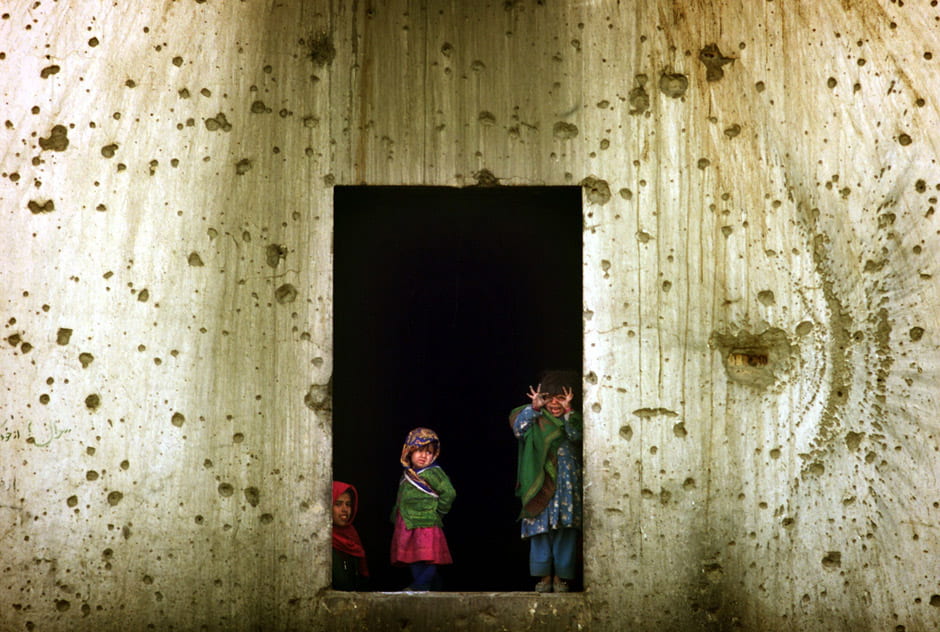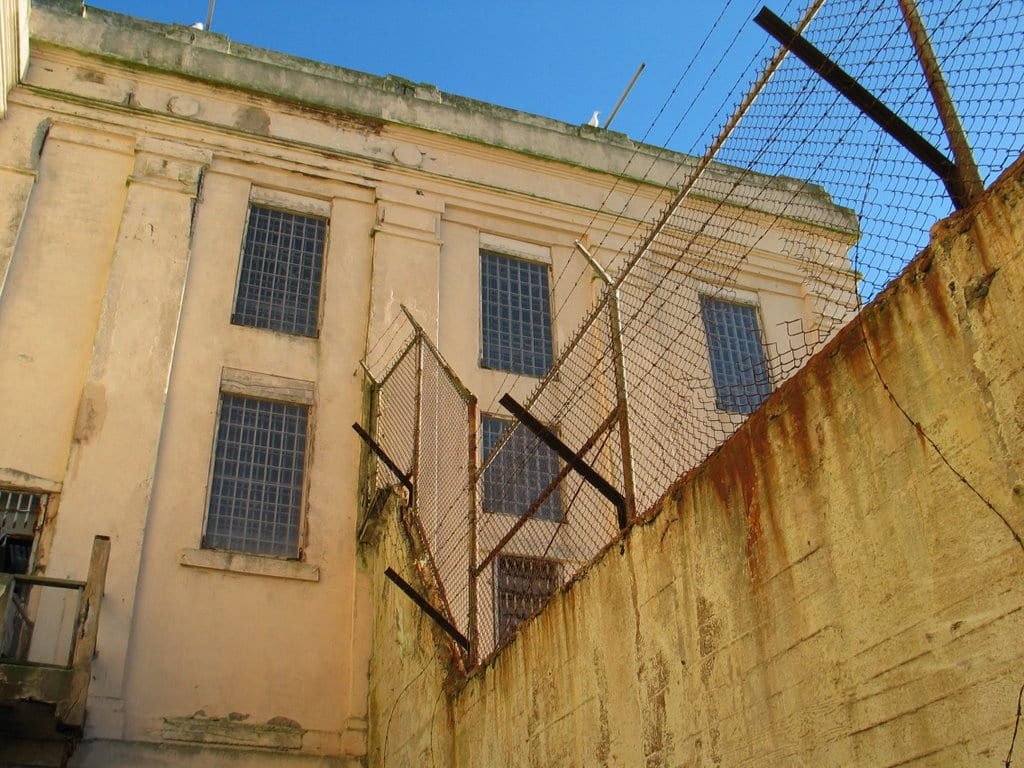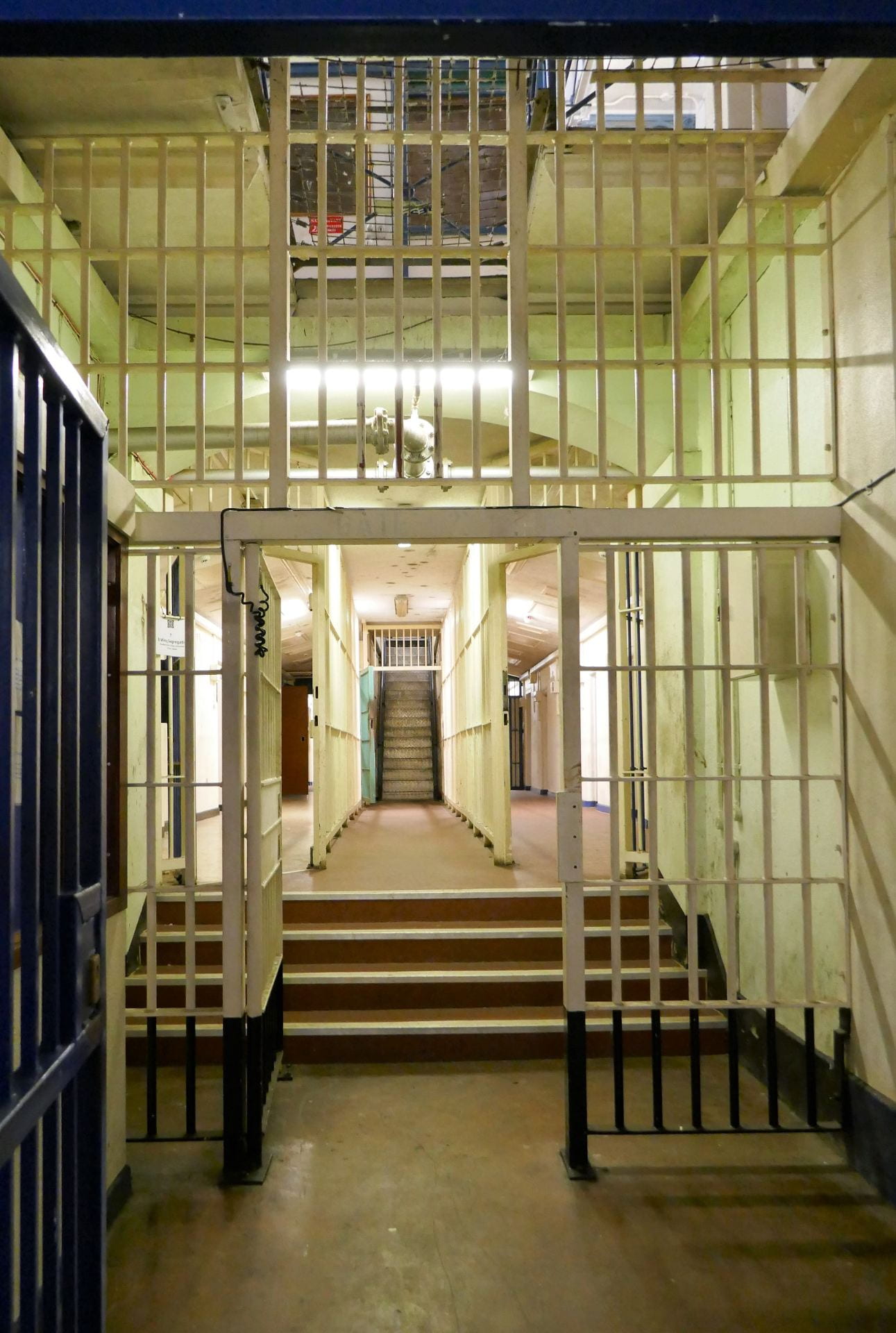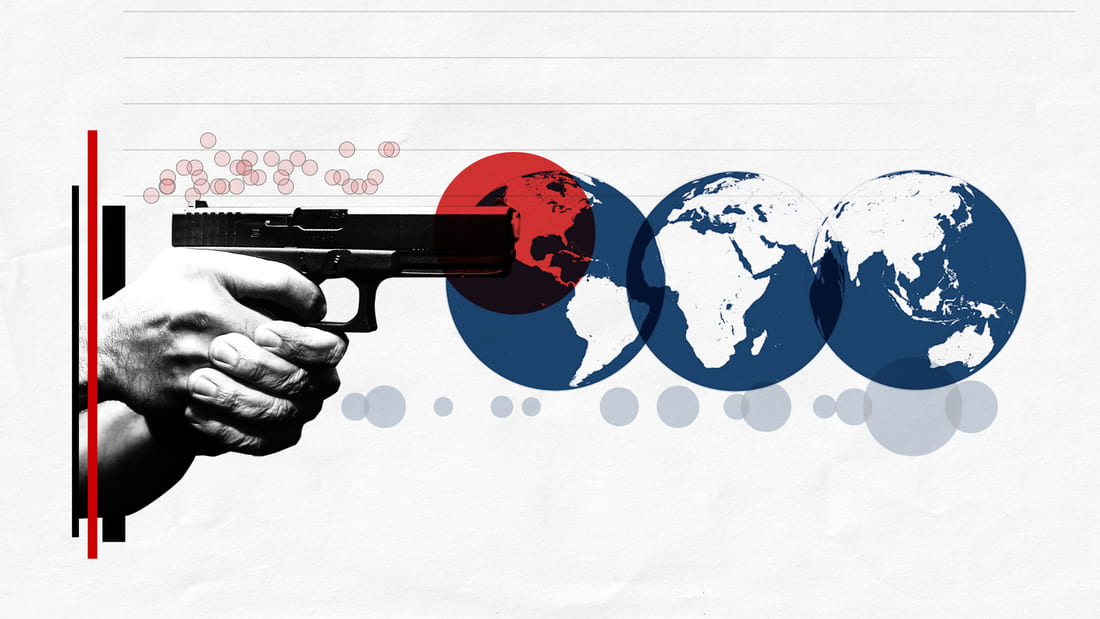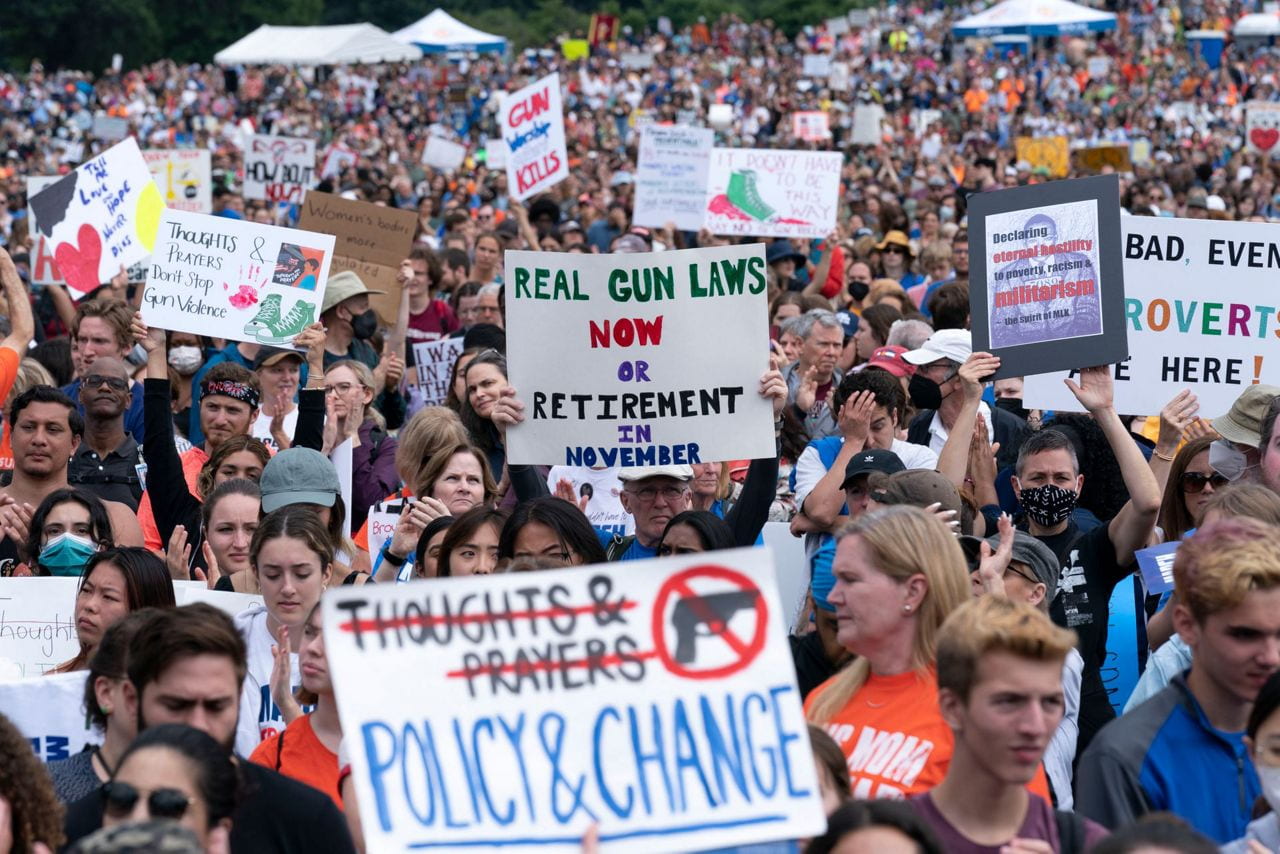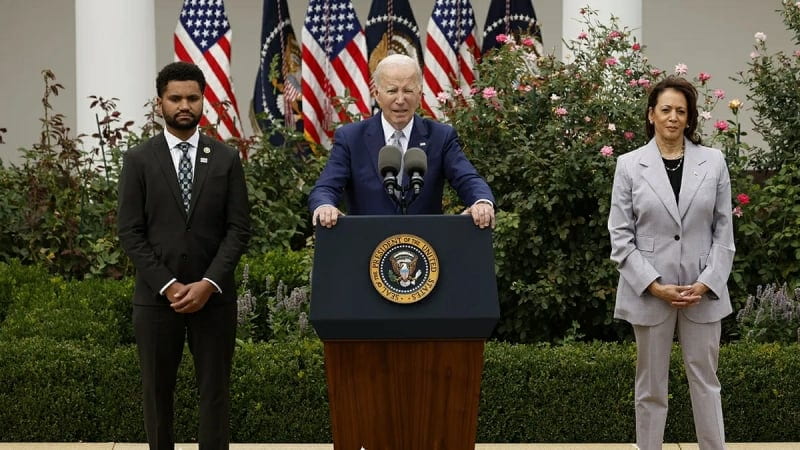by Abigail Shumate
A Brief History of the Opioid Crisis
Beginning in the late 20th century, opioid prescription rates skyrocketed in shocking numbers, and in just over ten years, opioid sales quadrupled. With the introduction of OxyContin into everyday life and medication sales, an opioid that was falsely advertised as non-addictive, as well as pill mills across the United States, millions of people fell into a deadly addiction. As people lost access to prescription opioids, they often turned to more illicit drugs, such as heroin. This was worsened by the prices of heroin going down, making it much easier for people to afford large quantities of the drug. The use of heroin is often looked at as the second wave of the drug crisis, and heroin deaths surpassed prescription drug deaths in 2015. The third wave of the opioid crisis is where we currently reside, and it is characterized by overdose deaths related to synthetic opioids, such as fentanyl.
Connection to Native Americans and Alaskan Natives
The opioid epidemic has been heavily discussed in the past few years; however, it has been occurring for even longer. Opioid usage affects most groups; however, its large-scale detriment to minority race and ethnicity groups is frequently ignored. Native Americans and Alaskan Natives (here referred to as NA/AN) are disproportionately affected by the opioid crisis, and this discrepancy is ignored by many critical groups.
American Indians have the highest drug overdose death rates, and these rates are not stagnant. The CDC reports that overdose deaths have increased by 33% within the last several years. This pattern of drug abuse and overdose is not isolated to adults, as NA/AN youth also struggle with the use of unauthorized prescription painkillers, with some reports showing as many as 11% of high school students using painkillers without explicit orders from their doctors.
There are many factors that cause NA/AN groups to be affected more heavily than other groups, and these include historical trauma, lower educational attainment, lack of easy access to healthcare, housing problems, poverty, unemployment, violence, and mental health issues. In this post, I will choose to focus on two main reasons: lack of easy access to healthcare and mental health issues caused by lost connection to culture.
Health Disparities in NA/AN Communities
NA/AN groups have serious healthcare inconsistencies that must be addressed for these communities to gain adequate support during the opioid crisis. The Indian Health Service (IHS) is a group that provides care to over 2.2 million people, but it is severely underfunded by Congress. As this is one of the main organizations providing healthcare access to NA/AN groups, this underfunding affects millions of lives. To put these funding issues in perspective, funding would have to almost double to match the degree of care provided to federal prisoners, and it would have to increase by even more to equate to Medicaid benefits.

Poor healthcare consistently results in the treatment of symptoms instead of causes, and, unfortunately, this means the prescription of opioids. Whether injuries occur from manual labor, physical activity, or driving accidents, NA/AN individuals are more likely to be treated with opioids as opposed to more effective means of treatment, such as physical therapy. Poor healthcare aligns directly with low-quality insurance or no insurance at all, and opioids are more likely to be prescribed in areas with uninsured people.
Mental Health and Cultural Disconnect
The traumatic history of Native American groups has a massive impact on these overdose rates, as forceful deprivation from culture leads not only to issues such as inadequate healthcare and poverty, but also mental health issues, one cause of opioid treatment, these being direct pathways to opioid addictions.
Mental health issues are incredibly prevalent within NA/AN communities, with suicide rates for them being more than double those for the entire U.S. population. NA/AN individuals are also more likely to be diagnosed with anxiety disorders and PTSD. These mental health conditions, when left untreated or inadequately treated, can often lead to drug abuse. The IHS does provide care for mental health and substance abuse issues; however, the already underfunded organization only uses about 10% of these funds to support substance abuse treatment
These mental health issues can be attributed to many things; however, a major force playing into this is the history of trauma amongst Native Americans. This topic could be one if not several, entire blog posts, but here I will attempt to briefly sum it up. It is important to note that there are around 600 federally recognized tribes, so the experiences of NA/AN individuals can vary greatly. One thing most groups share is a prevalent history of displacement and loss of culture. In the late 19th century, the majority of Native American individuals were forced to relocate to reservations or into urban areas. This resulted in a decline in socioeconomic status, which resulted in poor living and working conditions, as well as heightened health issues, both mental and physical.
It is vital to remember that NA/AN groups are underrepresented in major clinical research studies. This results in the general public being unaware of the true extent of issues within these communities. This underrepresentation in research exacerbates the disparities and can easily result in the continuance of the opioid crisis for Native Americans with little to no acknowledgement from major government parties. Another impact of inadequate research is misconstrued statistics, and it is likely that the opioid crisis is worse for NA/AN groups than scholars anticipate, as overdose cases may be underestimated by as much as 35% due to race miscalculations.

Creating Change
The first thing that needs to be done in order to improve the worsening opioid crisis in NA/AN areas is to improve funding for the Indian Health Service. The United States Congress must take action and increase funding—the funding in 2022 is less than half of what patients need. With adequate health care, individuals with mental health and substance abuse issues will be able to get the help that they need, and, on the more preventative side, with better care, individuals will be less likely to be prescribed opioids as a substitute for proper treatment.
The second action that needs to be taken is better awareness. There needs to be more research devoted to NA/AN groups, so that we are able to pin down what leads to these heightened addiction statistics. Overall, it is vital for individuals to take personal responsibility and increase their own awareness of the issues. Native Americans have been ignored and mistreated for decades, and this must be remedied in the present.
